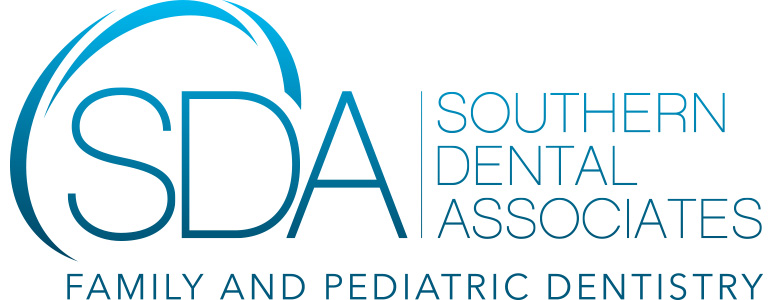If your child needs anesthesia for a dental procedure, you may have questions about what will happen. Will your child be in pain? How long will the procedure take? What should you do to prepare your child? Here is everything you need to know about anesthesia in pediatric dentistry patients!
Frequently Asked Questions About Anesthesia in Pediatric Dentistry Patients
What Types of Anesthesia Are There?
There are three types of anesthesia that can be used in pediatric dentistry patients: local, nitrous oxide, and general.
– Local anesthesia numbs the specific area where your child’s procedure will be performed.
– Nitrous oxide (also called “laughing gas”) is a gas that your child will breathe through a mask. It relaxes your child and may make them feel lightheaded or giddy.
– General anesthesia puts your child to sleep for their procedure.
Your dentist will recommend the type of anesthesia based on your child’s age, health history, and the type of procedure being performed.
How Long Will the Anesthesia Last?
The length of the anesthesia will depend on the type of procedure your child is having. Some surgical procedures, like cavity filling, only take a few minutes. Other procedures, like a root canal, can take up to an hour. Before the procedure starts, you will be asked to sign a consent form that gives the dentist permission to give your child anesthesia.
What Happens After the Procedure?
After the procedure, your child will be taken to a recovery area where they will be closely monitored. For nitrous oxide, the gas will be turned off and your child will breathe regular air through a mask for a few minutes. This helps them get rid of the medicine quickly. For general anesthesia, your child may be groggy and confused when they first wake up. They will be closely monitored until they are fully awake and able to drink or eat on their own.
What are some of the risks associated with anesthesia?
There are always risks associated with any type of surgery or procedure, but serious complications from anesthesia are rare. Some of the more common side effects include nausea and vomiting, which can usually be controlled with medication. There is also a small risk of your child experiencing a sore throat or hoarseness after the procedure.
What should I do to prepare my child for anesthesia?
For local and nitrous oxide anesthesia, your child should not eat or drink anything for at least six hours before the procedure. This is because anesthesia can cause your child to vomit and you do not want them to choke on their vomit. For general anesthesia, your child should not eat or drink anything for eight hours before the procedure. Of course, these are general guidelines. Be sure to follow your dentist’s instructions because they are unique to your child and their specific procedure.
Be sure to tell the dentist about any allergies your child has and if they are taking any medications. You should also make sure to ask the dentist any questions you have about the anesthesia or the procedure itself.
Will my child feel pain?
No, your child will not feel any pain during a surgical procedure performed by our dentists. We will closely monitor things like blood pressure and their vital signs and give them medication to keep them comfortable.
How do I know if my child needs general anesthesia?
General anesthesia is rarely required for dental procedures. If your child has a procedure that requires them to be still for a long period of time, or if they have a procedure that would cause them a lot of pain, our dentists may recommend general anesthesia. General anesthesia is also often used for children who are very young, have special needs, or who have a fear of going to the dentist.
What are some tips for parents of a child receiving anesthesia?
- Make sure your child fasts accordingly
- Arrive at the office early so that you have time to ask questions and get settled
- Stay with your child in the recovery area after the procedure is finished
- Follow any instructions from the anesthesia team about caring for your child after the procedure is finished
At Southern Dental Associates, Your Child’s Comfort is Our Priority
We understand that choosing the right dentist for your child is an important decision. At Southern Dental Associates, our dedicated pediatric dentist is specially trained to work with children. We offer a variety of services to make sure your child gets the best possible care. In the case your child needs a procedure that requires anesthesia, you can rest assured that our team will take great care of them. Contact us today to schedule an appointment for your child!


